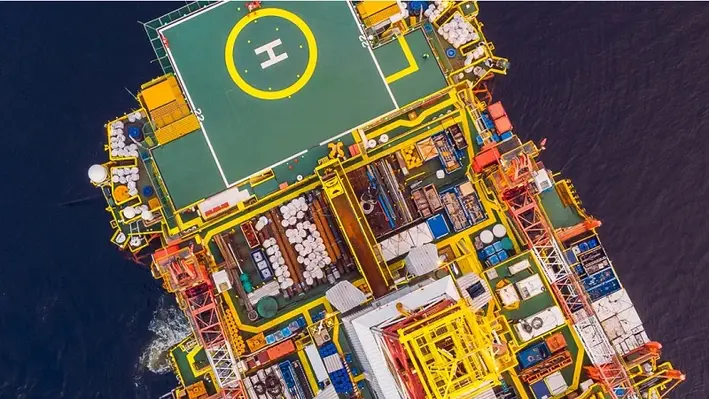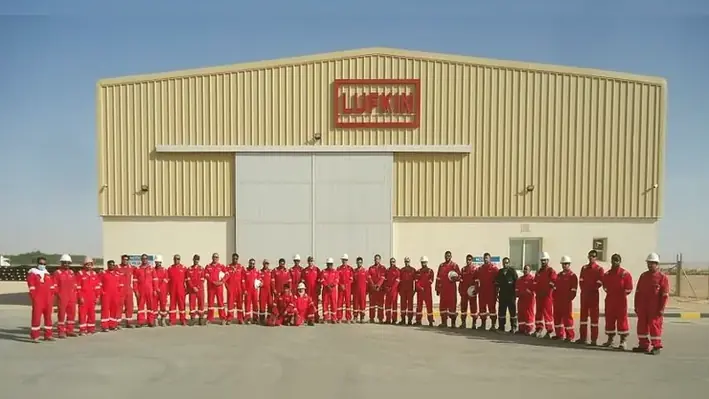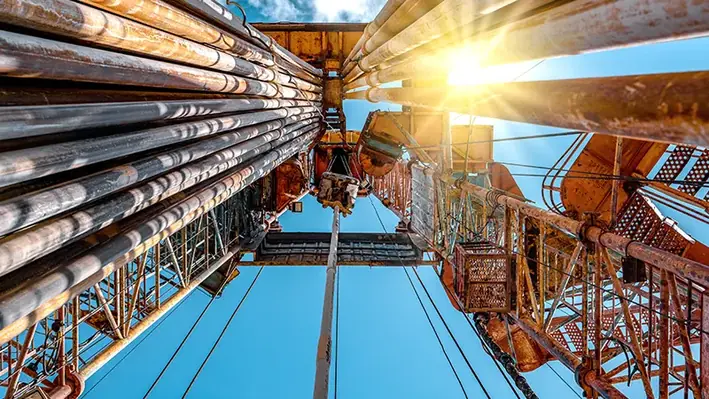
The North Sea Transition Authority (NSTA) has warned North Sea operators that they must act now on well decommissioning or risk losing the support of the associated supply chain which will begin to look elsewhere in search of work.
Repeated delays to well plugging and abandonment work, competition for rigs from overseas and cost pressures are pushing up the estimated bill for decommissioning on the UK Continental Shelf – information made clear in the latest Decommissioning Cost and Performance Update from the organisation. According to this report, operators expect to spend about UK£24bn on decommissioning between 2023 and 2032, up UK£3bn on the forecast for the same period in last year’s report.
The NSTA has drawn attention to the importance of sharing knowledge, learning lessons and producing robust plans which helped lower the cost of decommissioning by an estimated UK£15bn between 2017 and 2022. However, it stated that further improvements have been difficult to achieve as much of the low-hanging fruit has been picked.
More than half of the overall estimate of UK£40bn (in constant 2021 prices) is to be spent during this 10-year period, which shows near-term actions will set the direction for the sector. Embedding good practice now and striking a balance between supply chain capacity and demand for its services is crucial, the NSTA reports.
Deepening decommissioning demand
Pockets of operators continue to collaborate, perform admirably and deliver savings, but the majority need to improve by doubling down on their planning. Operators spent around UK£2bn on decommissioning last year, which was in line with forecasts, but they completed much less work than originally planned. In regard to P&A, the NSTA stated that operators can keep their costs under control and meet their regulatory obligations by engaging early with the UK’s world-leading supply chain, providing details of their inactive wells and, most importantly, placing contracts to get the work done.
Hundreds of wells will need to be decommissioned every year as more oil and gas fields shut down, the NSTA explained. However, operators only achieved 70% of planned well decommissioning activities last year. Some operators, it continued, are deferring in hope that prices will go down in the coming years. However, failing to award contracts reduces the supply chain’s revenues and ability to invest in capacity and resources. Rig contractors are actively seeking opportunities in other regions where operators offer longer, more secure contracts. If this trend continues, prices will increase, as reflected in market forecasts.
In addition to exploring the use of sanctions, the NSTA is spearheading a project to identify which UKCS wells will be ready for decommissioning between 2026 to 2030 and assess the supply chain capacity required to undertake the work in a timely and cost-effective manner.
“With spending forecast to peak at UK£2.5bn per year in the current decade, decommissioning can ensure that the UK’s world-leading supply chain is equipped to help operators clean up their oil and gas infrastructure over the next 50 years and support the carbon storage sector, which will rely on many of the same resources,” said Pauline Innes, the NSTA’s Supply Chain and Decommissioning Director.
“I am concerned that this huge opportunity to safeguard highly-skilled jobs and support the transition will be wasted if operators fail to tackle their well decommissioning backlogs. The supply chain wants to do this work, but it is not physically tied to the UK. Its skills and resources are in demand in other regions, and we are starting to see companies marketing their rigs elsewhere. Operators need to use the supply chain, now, or risk losing it.”




